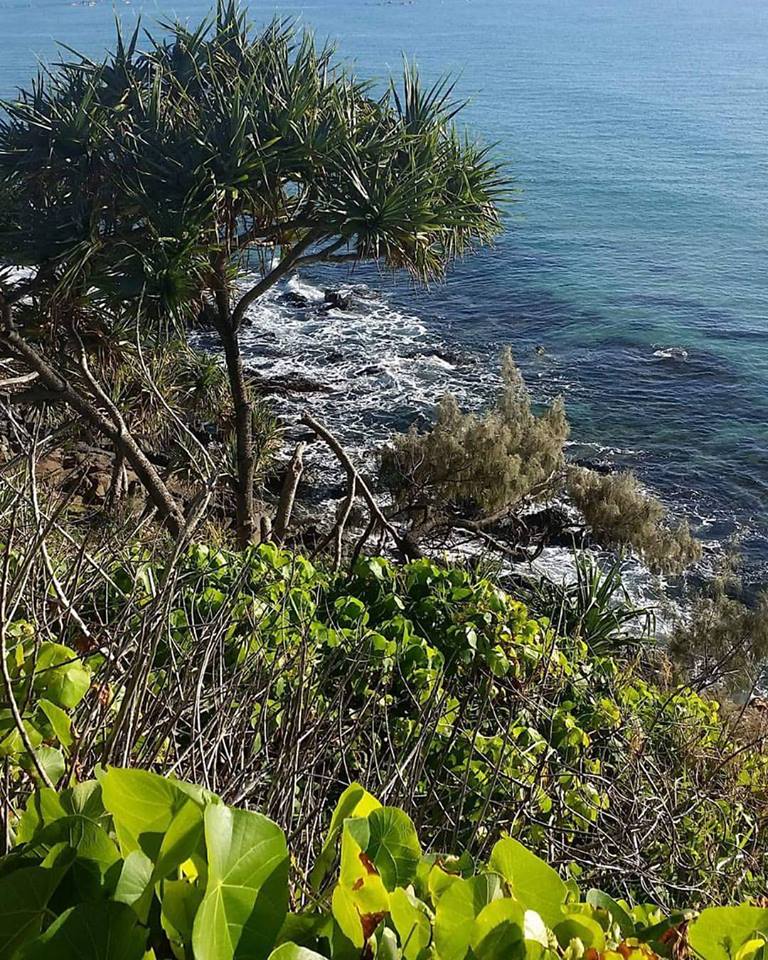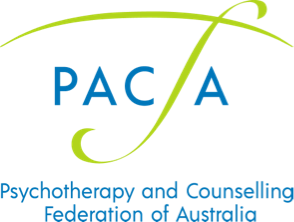Loneliness support – why seeking support is crucial to your health
Loneliness support on the Gold Coast and Tweed Coast is crucial to your health. Following is the latest research found on the physical and mental impacts of loneliness:
- an inability when alone to feel at ease with what you are doing
- overwhelming stress
- disrupted sleep
- unfocused, dissatisfied and easily distracted (loneliness drives us to search for something or someone)
- health problems – headaches, digestive problems, cognitive decline, weakened immune system, exhaustion
- feelings of threat, insecurity, frustration
- distorted perception
- hesitant in engaging with others
Paradoxically, loneliness is becoming more prominent in modern society with the rise of social media. Rather than staying connected through face to face meetings, engaging in spontaneous conversation and sharing, people are opting to stay connected via social media. This choice is creating a culture of disconnection and is leading people into a greater risk of isolation on the beautiful Gold Coast and Tweed Coast.
The lonely can often feel like there is something wrong with them in the midst of others experiencing social abundance on social platforms like facebook. Social media however, often does not paint an accurate picture of one’s situation or feelings.
Culturally loneliness is often hidden and the lonely are generally reluctant to speak about there feelings of unhappiness, dissatisfaction, fear and unease. These are difficult emotions to share especially when there appears to be an unfair and unhelpful stigma pinned to the lonely recipients, such as loneliness being their fault.
Loneliness is complex and can stem from many reasons and happen to anyone at anytime. Chronic loneliness is when it continues for years and something has gone wrong with connections. Connection is relational and it takes two to tango! So it is never just the lonely persons fault.
Sufferers of chronic loneliness crave companionship and yet paradoxically find themselves pulling away and falling deeper into loneliness. This is because the lonely can become more socially inhibited the longer the loneliness lasts. The world can begin to look like a threatening place especially when confronting it on your own. Thus the chronically lonely begin to perceive threat in social situations and/or intimate relationships and view them as risky. Hence they withdraw more into their own safety, familiarity and simplicity which in turn shores up their self reliance and keeps them in protective isolation. Even with a social network or emotional support the lonely can still feel inherently lonely and disconnected.

Loneliness Support – What to do?
It is important to understand that transitioning away from loneliness is a gradual process that takes time. The lonely person needs to pace themselves in easing back and forth into social and intimate relationships whilst acknowledging that leaving their own familiar place will take courage, time and practice. Loneliness does not simply end at the start of a relationship, it is a skill to stay connected when disconnection has been the back drop of life for so long. As the lonely person eases back and forth they begin to recognize their tendencies to withdraw and can monitor their reactions. Ask yourself whether the sense of threat you are experiencing is realistic. Examine your urge to retreat and withdraw when needed.
Loneliness and disconnection is a difficult habit to break when you view the world as threatening and withdrawal is a natural consequence.
Emily White, Lonely – Learning to Live with Solitude is a great book on this subject.
If loneliness is a concern for you often a willingness to name loneliness as a concern and talk about your experience can be the beginning of moving forward into connection.
Help is available for loneliness on the Gold Coast and Tweed Coast by contacting
Sarah @ Counselling on the Coast on 0422 620 151
(Pottsville, Cabarita, Kingscliff, Tweed Heads, Palm Beach, Burleigh Heads)






